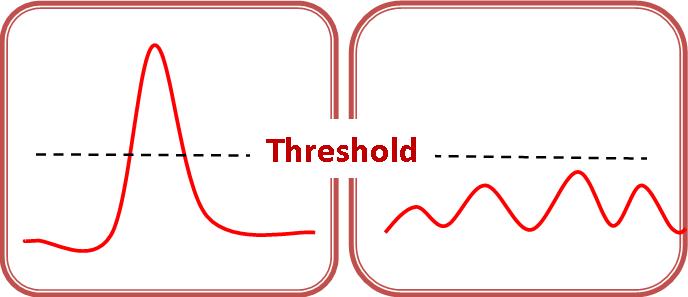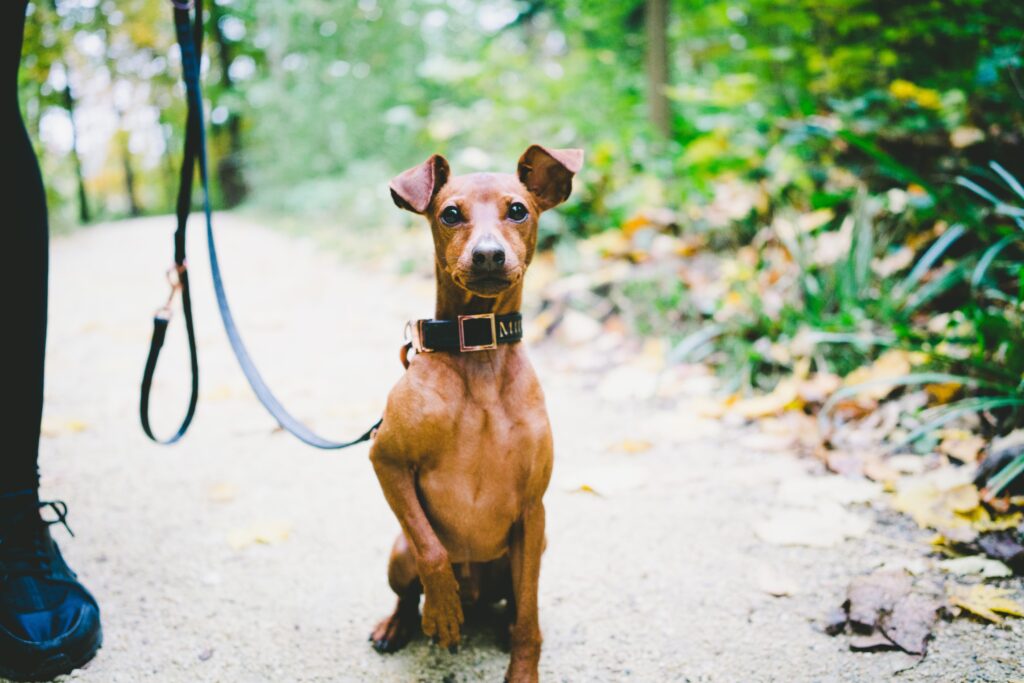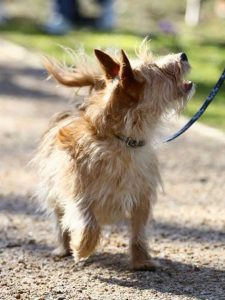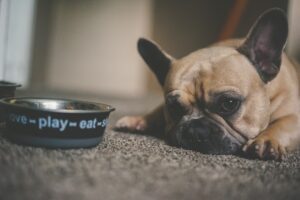Get an awesome recall. Join my 30 day, step by step program now...
Don’t give up on your reactive dog just yet
If you ever thought about giving up on your reactive dog behaviour training, I don’t blame you. It’s a frustrating job at the best of times. In this blog, I will delve into the intricate realm of reactive behaviour and show you why you shouldn’t give up just yet!
Treats and Distractions
Reactive behaviour often prompts well-meaning owners to turn to treats and toys, hoping for a solution. However, in this blog, we talk about why such strategies may fall short, especially when reactive behaviour is viewed not merely as a behavioural issue but as a complex biological response.
In reactive situations, attempting to change behaviour with a distraction becomes ineffective. Reactivity often stems from a primal fight or flight response triggered at the wrong time. Understanding this biological aspect reshapes our approach, emphasizing the need for proactive management rather than distraction.
How can I help you with your dogs behaviour training?
Private Dog Behaviour Consultations are currently available online and in-person in Dundee and the surrounding area. If you are looking for help solving your dogs behaviour and training problems, please get in touch!
Crossing threshold
The concept of threshold takes centre stage in managing reactive behaviour. Once a dog crosses the threshold into a reactive state, the body takes control, making distractions pointless. The key lies in proactive management and preventing the dog from reaching this heightened state in the first place.
I emphasize the importance of managing the dog’s environment, controlling proximity to triggers, and recognizing the signs before reaching the threshold. Reactive behaviour requires an approach that focuses on preventing the emergency response from triggering rather than attempting to redirect it once it has.

Going Too Fast
Another common stumbling block is the pace of training. Owners, eager to witness progress, might inadvertently push too hard, too fast. As we explore in this blog, managing space, diluting triggers, and gradual progression are crucial. Rushing the process risks triggering the emergency response, setting back the training progress.
If you suspect you’ve moved too swiftly, the remedy lies in revisiting the initial stages of your behaviour plan. You’re not starting from scratch; instead, take more time over each section, observing your dog’s body language to determine when it’s appropriate to proceed.

Forming New Habits
If you ever felt that you conquered your dog’s reactive behaviour, only to see it resurface days, weeks, or months later you are not alone! This often occurs when owners stop the training process prematurely. Dogs need time to form new habits, and stopping too early means the old reactive behaviour resurfaces.
Understanding that forming a new habit takes time provides perspective. If you didn’t continue the training plan after perceived success, this could be the missing link.
Dealing with Setbacks
Life with dogs is unpredictable, and setbacks are inevitable. Whether due to a sudden encounter with another dog or a challenging situation, setbacks can be disheartening. However, the key is to acknowledge that all prior training is not lost; it’s merely a setback.
Taking a few days off, avoiding triggers, and then gradually reintroducing training steps can help rebuild confidence. Support groups and communities, like my FREE Reactive Behaviour Support Group on Facebook, offer a space for shared experiences and encouragement.
The Reality of Reactive Training
Lastly, let’s address the reality of reactive training—it’s hard work. Recognizing that it demands time, attention, and commitment is crucial. If past attempts failed due to life circumstances, revisit the possibility now. Perhaps your schedule, mind-set, or priorities have evolved, making this the right time for a renewed commitment.
Reflect on past challenges, identify the changes in your life, and consider seeking guidance from a professional behaviourist (like me) if needed. Online or face-to-face coaching can provide the support and expertise necessary to navigate the complexities of reactive behaviour.
There’s hope
If you find yourself demoralized and uncertain about your dog’s reactive behavior, know that there is hope. Whether it’s revisiting the basics, extending the training period, overcoming setbacks, or embracing a renewed commitment, you can start afresh.
Dog training is a journey filled with twists and turns, but with persistence and a supportive community, success is achievable.
How can I help you with your dogs behaviour training?
Private Dog Behaviour Consultations are currently available online and in-person in Dundee and the surrounding area. If you are looking for help solving your dogs behaviour and training problems, please get in touch!
How can I help you with your dogs behaviour training?
Private Dog Behaviour Consultations are currently available online and in-person in Dundee and the surrounding area. If you are looking for help solving your dogs behaviour and training problems, please get in touch!


